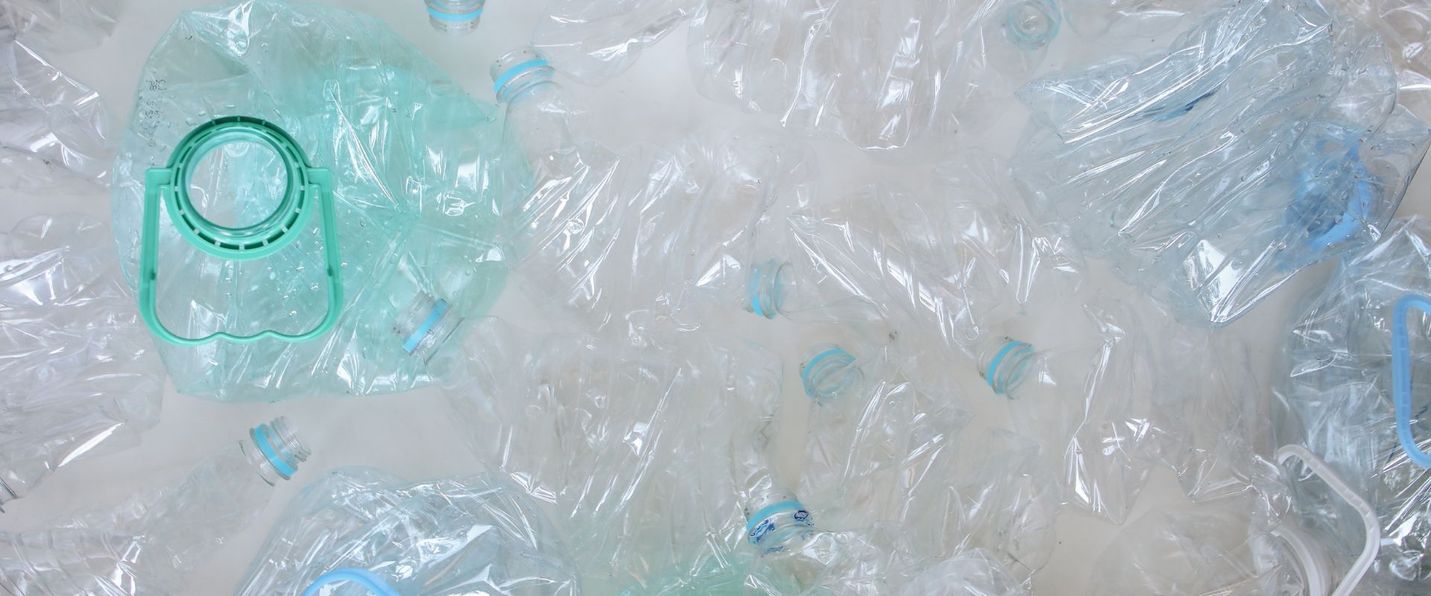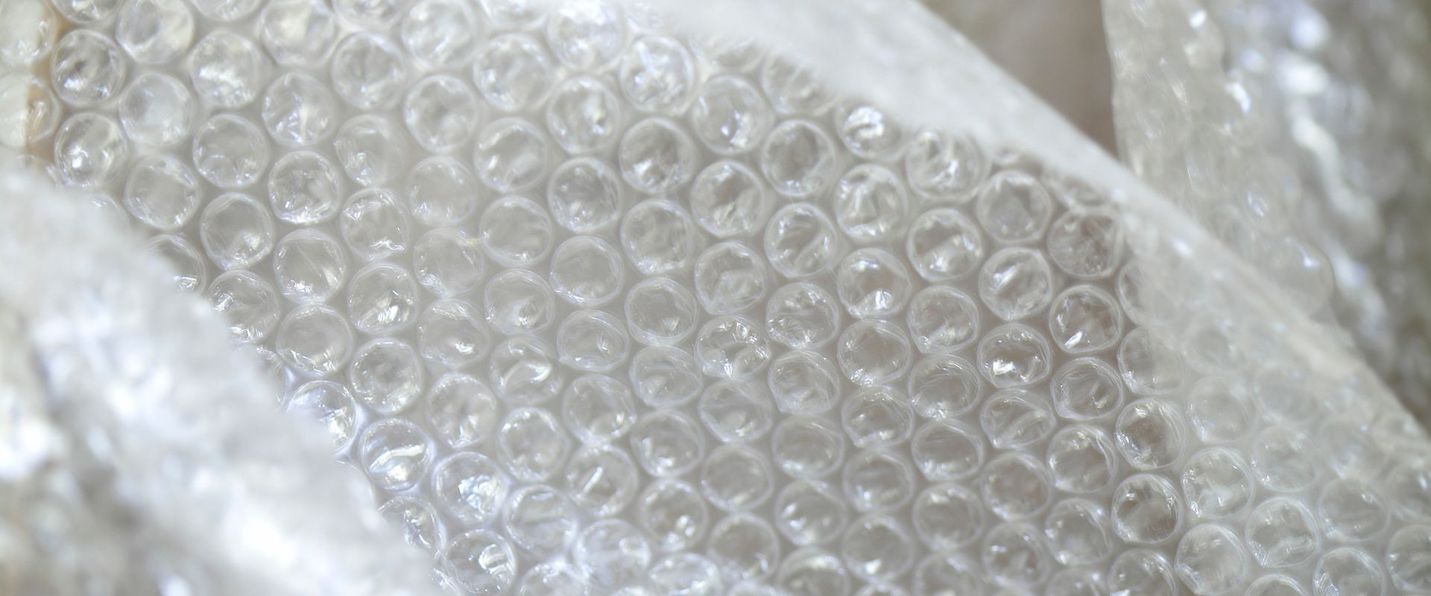For many, the respect and protection of the environment is simply trowing rubbish in the recycling bins. The simple step of throwing something into a large bin marked with a recycling symbol is enough for some of us to feel that we have done our bit.
Unfortunately, it's not that simple…
Here are a few tips and facts to help you be more informed the next time you throw something away.
PLASTICS

From the clothes we wear to the food we eat, plastic has become an essential part for families and communities around the world. Given its importance and the fact that scientists estimate it takes between 450 and 1,000 years to decompose (some say it never will), it is crucial that we better understand this material.
Something you might not know is that plastic has been linked to hormone growth disorders and carcinogens, in addition to its environmental damage. While the use of plastic has also been linked to public hygiene and the prevention of bacterial contamination, consumers should still be careful not to put chemicals in food or drink.
There are 2 types of plastics:
THERMOPLASTICS
Thermoplastics are plastics that can be remelted and moulded into new products and can therefore be recycled.
THERMOSETS
Thermoset plastics "contain polymers that cross-link and form an irreversible chemical bond", i.e. they cannot be remelted into new material even at high heat and are therefore not recyclable.
An important finding: plastics with food residues can NOT be recycled. For plastics to be turned into recycled goods, they must be in good condition and thoroughly washed out. So next time you have to throw away a plastic product, try to wash it first and then recycle it!
Also, don't recycle anything smaller than a credit card. This includes straws, bottle caps, coffee caps, plastic cutlery, paper clips and a million other tiny things that accumulate in our everyday lives. These items are too small to be sorted and can block recycling equipment.
COMBINED MATERIALS ARE WASTE

Recycling only works when similar materials are together. Unfortunately, items such as plastic-coated coffee mugs, laminated paper and envelopes with bubble wrap from the post office can never be separated and therefore are going to produce waste.
You should avoid buying non-recyclable materials that cannot be separated and prefer other options.
GLASS, METAL AND ALUMINIUM



